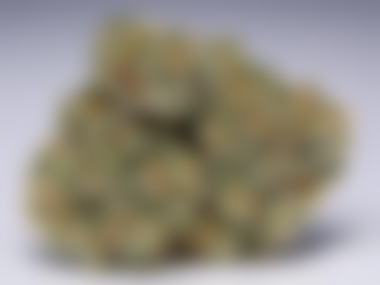Introduction
Mushrooms are a versatile and delicious ingredient in many dishes, from soups to stir-fries to pasta dishes. They also offer a range of health benefits, such as being low in calories and fat and rich in essential nutrients like vitamin D, selenium, and antioxidants. But what happens when you buy a batch of mushrooms and don’t use them right away? Do shrooms expire? How long can you expect them to last in your fridge before they spoil? In this comprehensive guide, we will delve into the shelf life of mushrooms, how to store them properly, and the signs that indicate they are no longer safe to eat.
Shelf Life of Mushrooms**
Mushrooms are a perishable item, so it’s essential to know how long they can last before they go bad. The shelf life of mushrooms can vary depending on their type and how they are stored. Here is a general guideline for how long different varieties of mushrooms can last:
1. Fresh Mushrooms: Fresh mushrooms, such as white button mushrooms, cremini mushrooms, or portobello mushrooms, can last in the refrigerator for about 5-7 days. It is essential to store them properly to maintain their freshness and prevent spoilage.
2. Exotic Mushrooms: Exotic mushrooms like shiitake, oyster, or maitake mushrooms have a shorter shelf life compared to common varieties. They can last for about 3-5 days in the refrigerator before they start to deteriorate.
3. Dried Mushrooms: Dried mushrooms have a much longer shelf life compared to fresh mushrooms. When stored in an airtight container in a cool, dry place, dried mushrooms can last for up to a year or even longer without losing their flavor or nutritional value.
How to Store Mushrooms Properly
Proper storage is key to extending the shelf life of mushrooms and keeping them fresh for as long as possible. Here are some tips on how to store different types of mushrooms:
1. Fresh Mushrooms: Store fresh mushrooms in a paper bag or a breathable container to allow for air circulation. Avoid storing them in plastic bags, as this can trap moisture and lead to mold growth. Keep them in the refrigerator but avoid placing them near foods with strong odors, as mushrooms can absorb odors easily.
2. Exotic Mushrooms: Exotic mushrooms are more delicate than common varieties, so handle them with care. Store them in a paper bag or a perforated plastic bag in the refrigerator’s crisper drawer to maintain their freshness. Do not wash exotic mushrooms until you are ready to use them, as excess moisture can cause them to spoil quickly.
3. Dried Mushrooms: Store dried mushrooms in an airtight container away from heat and moisture. Keep them in a cool, dark place, such as a pantry or cabinet. Dried mushrooms can be rehydrated by soaking them in hot water for about 20-30 minutes before using them in recipes.
Signs that Mushrooms are Expired**
It’s essential to know the signs that indicate mushrooms are no longer safe to eat to avoid foodborne illness. Here are some signs that your mushrooms have expired and should be discarded:
1. Slimy Texture: If the mushrooms feel slimy or slippery to the touch, it is a clear sign that they have started to spoil. Discard them immediately.
2. Discoloration: Mushrooms should have a uniform color and a firm texture. If you notice any dark spots, bruising, or slimy patches on the mushrooms, they are no longer fresh and should be thrown away.
3. Foul Odor: Fresh mushrooms have a mild, earthy scent. If you detect a foul or pungent odor coming from the mushrooms, it is a sign that they have gone bad and should not be consumed.
4. Mold Growth: Mold growth is a sure sign that mushrooms are no longer safe to eat. If you see any fuzzy growth or green or black spots on the mushrooms, discard them immediately.
Frequently Asked Questions (FAQs)
1. Can you freeze mushrooms to extend their shelf life?
Yes, mushrooms can be frozen to prolong their shelf life. However, it is recommended to cook them before freezing to maintain their texture and flavor.
2. Can you eat mushrooms after the expiration date on the package?
It is not recommended to consume mushrooms past their expiration date. Always inspect the mushrooms for signs of spoilage before consuming them.
3. Are mushrooms safe to eat if they have dark spots?
Dark spots on mushrooms can indicate spoilage, so it is best to discard them to avoid foodborne illness.
4. How can you tell if dried mushrooms have gone bad?
If dried mushrooms have an off smell, unusual color, or show signs of mold growth, they should be discarded.
5. Are there ways to preserve mushrooms for long-term storage?
Drying, pickling, or preserving mushrooms in oil or vinegar are methods to extend their shelf life for long-term storage.
Conclusion
In conclusion, mushrooms are a flavorful and nutritious ingredient that can enhance a variety of dishes. By understanding the shelf life of different types of mushrooms, knowing how to store them properly, and recognizing the signs of spoilage, you can enjoy fresh mushrooms safely. Remember to follow the tips provided in this guide to make the most of your mushrooms and avoid food waste.




